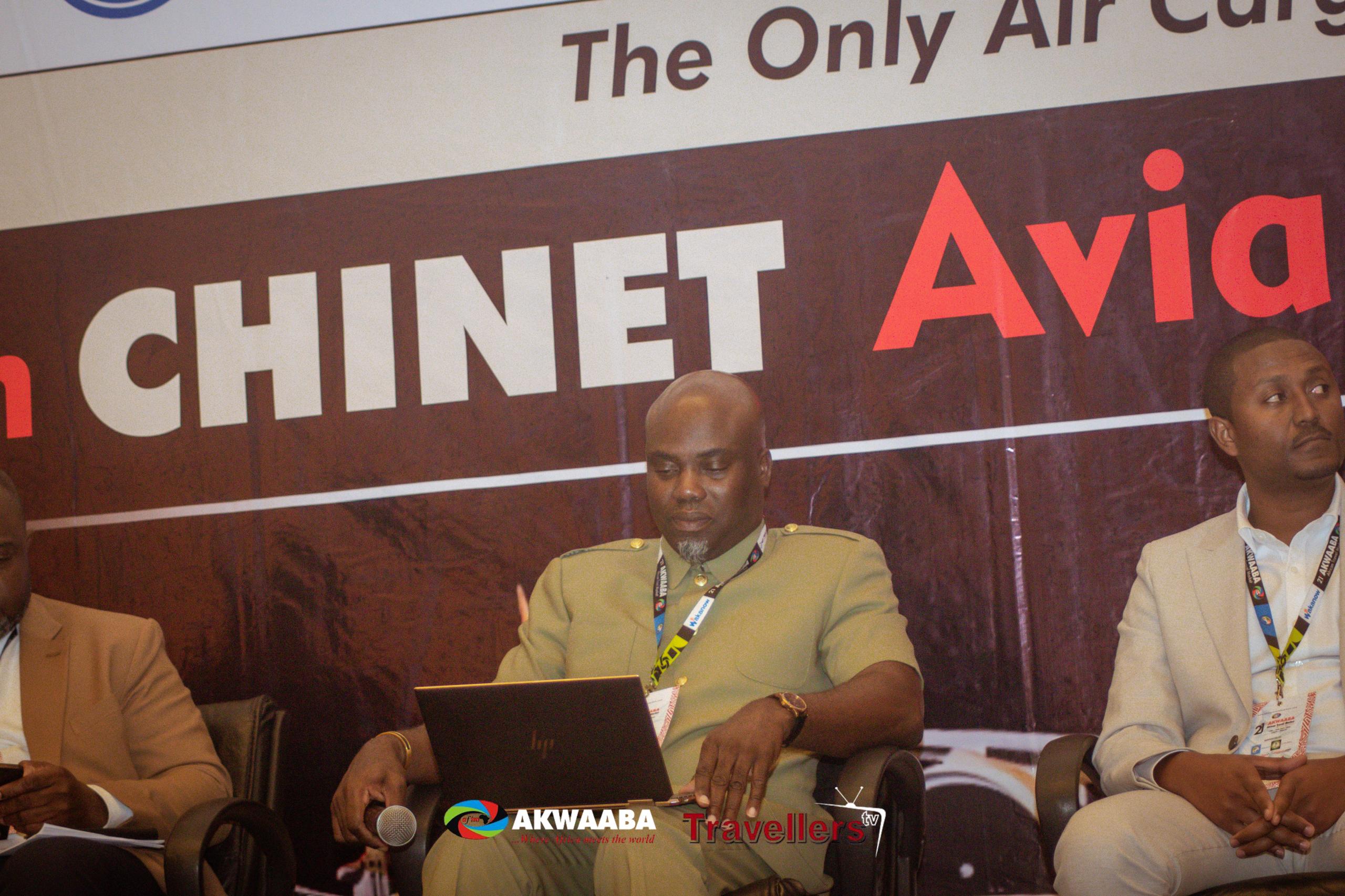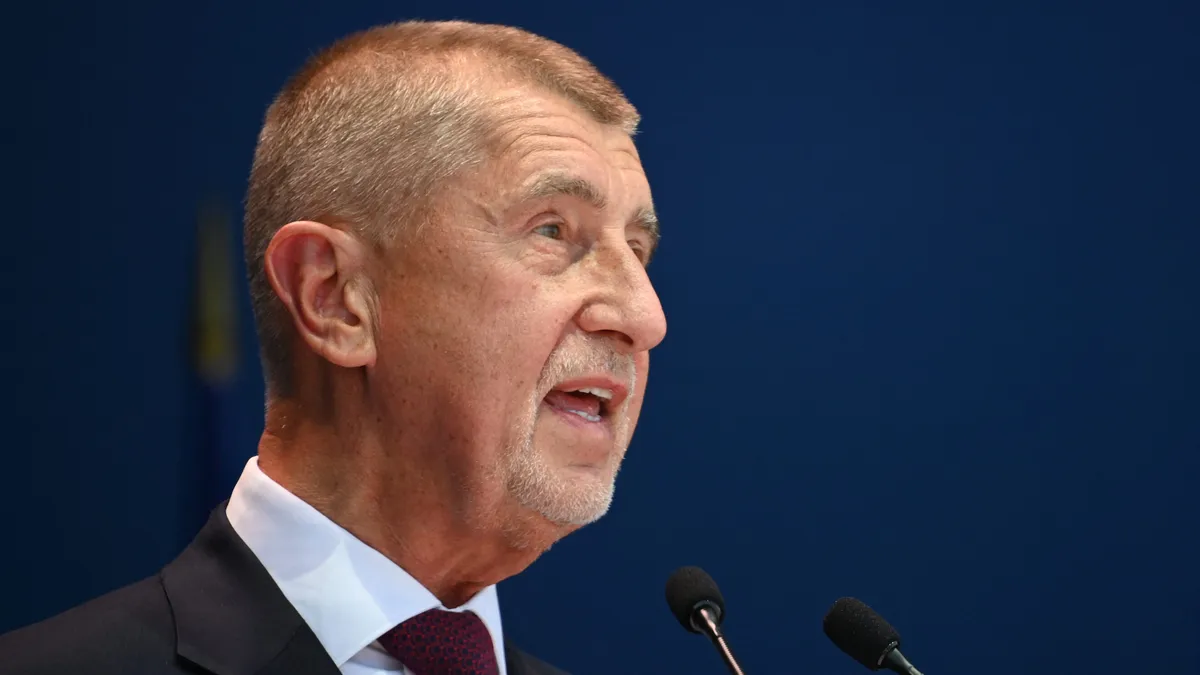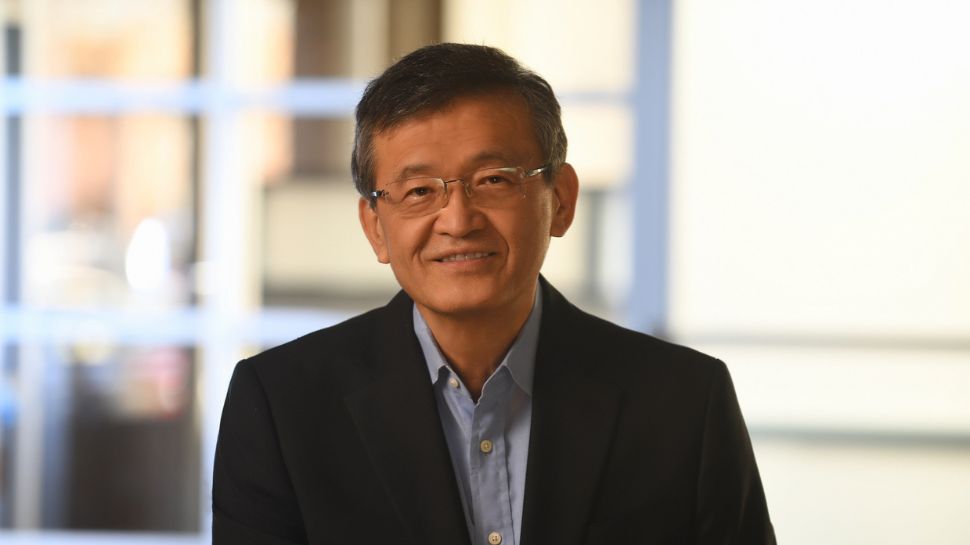By Isaac Agber,Kayode Ajiboye
Copyright independent

Isaac Agber
Industry experts have called for urgent adoption of robust technological solutions to tackle inefficiencies, high costs, and operational delays in Nigeria’s air cargo sector, stressing that failure to harness existing and emerging innovations is stifling growth.
Delivering a paper titled “Harnessing Technological Advances to Improve Air Cargo in Nigeria”, at the CHINET AviaCargo Conference held at Eko Hotel during the three-day Akwaaba African Travel Market, Seyi Adewale, Chief Executive Officer of Mainstream Cargo Limited, underscored the need for airlines, ground handling companies, the Nigeria Customs Service (NCS), and other stakeholders such as the Federal Airports Authority of Nigeria (FAAN), the Council for the Regulation of Freight Forwarding in Nigeria (CRFFN), and the Nigerian Civil Aviation Authority (NCAA) to strengthen real-time communication and adopt user-friendly platforms.
Adewale observed that despite global advances, Nigeria has yet to fully optimise even older technologies. “Shockingly, we have not properly harnessed existing systems, although there are attempts to upgrade. What we need is improved solutions that are both efficient and user-friendly,” he stated.
He outlined five key objectives for technology deployment in air cargo: faster service delivery, improved efficiency, cost reduction, transparency and accountability, and fair competition.
Adewale highlighted major obstacles currently facing the sector, including:
Disparate systems used by different airlines and ground handling agents, leading to inefficiency and higher costs.
Poor communication between airlines, Customs, ground handlers, and consignees.
Higher charges to consignees due to demurrage and operational inefficiencies.
Delays caused by Customs’ slow processes and inadequate technology management.
Operational downtimes linked to poor power supply and weak technical infrastructure.
“These inefficiencies translate into manpower wastage, higher costs, and last-mile frustration for users,” he said.
The CEO welcomed the Nigeria Customs Service’s recently introduced “B’Odogwu” platform, describing it as a more user-friendly solution that gives airlines direct control over generating rotation numbers and resolving issues without reliance on third-party agents.
However, he cautioned that sustained training and improved power infrastructure are crucial to ensure its success.
Adewale recommended that Customs should conduct continuous training and periodic competence tests for its officers.
He called on both Customs and ground handling companies to invest in stable power supply solutions to prevent system downtimes.
He also called on GHAs to procure modern, high-grade technology platforms capable of transmitting real-time information to airlines.
He recommended that airlines should allow GHAs to adopt improved cargo platforms without punitive measures during system transitions.
According to him, tally clerks should also be equipped with operational tablets to ensure timely data transmission, particularly for sensitive cargo.
Adewale stressed that embracing these changes would not only boost efficiency but also reduce costs for airlines, ground handlers, and consignees, while enhancing Nigeria’s competitiveness in the global air cargo market.



